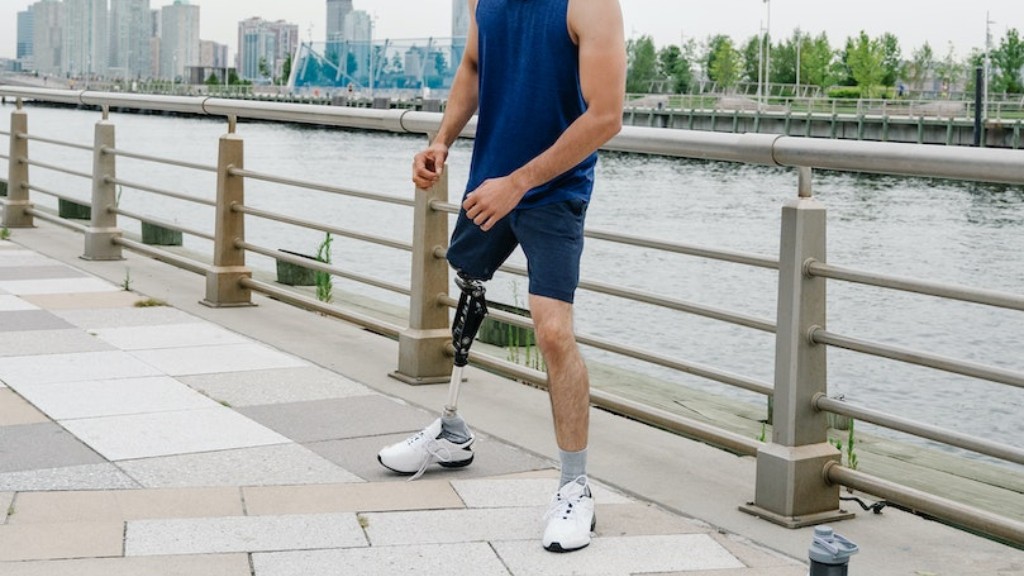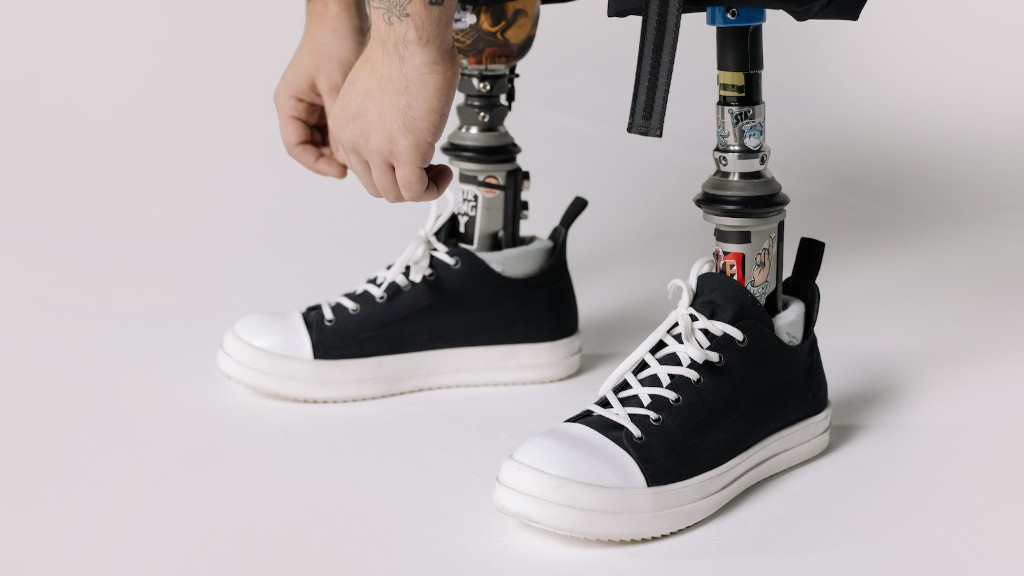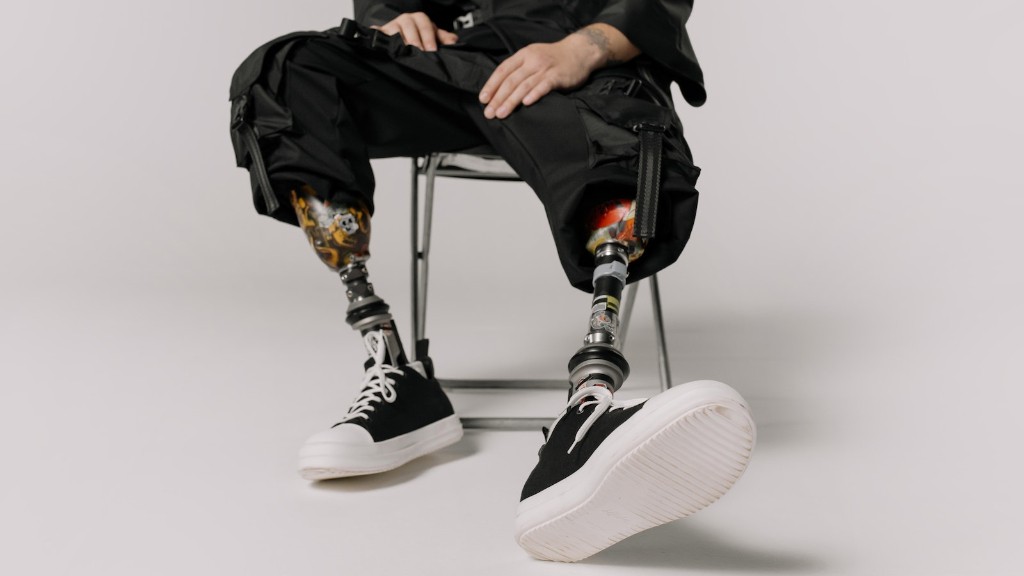Op-Ed: Cost of Prosthetic Limbs in NHS
Prosthetic limbs have revolutionized the lives of individuals who have lost their limbs due to accidents, diseases, or birth defects. With technological advancements, these artificial body parts have become increasingly sophisticated and functional. However, the cost of prosthetic limbs in the National Health Service (NHS) has been a much-debated topic. This article aims to objectively examine the positive and negative implications associated with the cost of prosthetic limbs in the NHS.
The Positive Side
Providing prosthetic limbs through the NHS ensures access to these vital devices for those who cannot afford them otherwise. This guarantee of access promotes equality and enables individuals to participate fully in society. According to a report published in the British Journal of General Practice, access to prosthetic limbs significantly improves quality of life and psychological well-being amongst amputees.
Furthermore, the cost of prosthetic limbs includes ongoing care and support from a team of dedicated professionals. This ensures that individuals who receive a prosthetic limb have access to timely adjustments, maintenance, and rehabilitation services. This comprehensive approach enhances the functionality and effectiveness of prosthetic limbs, allowing patients to regain mobility and independence.
The Negative Side
One of the main concerns regarding the cost of prosthetic limbs in the NHS is the financial burden it places on the healthcare system. The NHS, like any other healthcare system, has a limited budget and must prioritize its resources to provide a wide range of treatments and services. The cost of providing prosthetic limbs to all eligible individuals can be significant, potentially impacting the availability of other important medical interventions.
Additionally, advancements in prosthetic technologies have led to an increase in their cost. The development and implementation of innovative materials, sensors, and control systems have improved functionality but come at a price. With limited resources, the NHS faces the challenge of balancing progress and affordability.
An Analysis
It is crucial to strike a balance between providing access to prosthetic limbs and optimizing the allocation of resources within the healthcare system. One way to achieve this is through a multidisciplinary approach that involves collaboration between healthcare professionals, engineers, researchers, and policymakers. This collaboration could focus on developing cost-effective solutions that deliver necessary functionality without incurring excessive expenses.
The involvement of private companies and non-governmental organizations can also play a significant role in delivering affordable prosthetic solutions. For example, the Open Source Limb Project, a nonprofit organization, has successfully utilized 3D printing technology to develop low-cost prosthetic limbs that are accessible to a wider range of individuals.
Food for Thought
While it is important to address the cost concerns associated with prosthetic limbs in the NHS, we must also consider the long-term effects of denying access to this transformative technology. Without access to prosthetic limbs, individuals may experience decreased quality of life, limited employment opportunities, and increased dependence on social welfare systems.
Furthermore, it is worth noting that innovative healthcare technologies often start off as expensive but eventually become more affordable as mass production and competition drive down costs. The cost of prosthetic limbs could follow a similar trajectory, making access more sustainable in the future.
Call-to-Action
In conclusion, the cost of prosthetic limbs in the NHS is a multi-faceted issue that requires careful consideration. While the financial burden should not be ignored, it is crucial to prioritize access to prosthetic limbs and invest in research and development that aims to reduce costs without compromising functionality. By combining public and private initiatives, we can strive towards a future where affordable and high-quality prosthetic limbs are available to all who need them.


